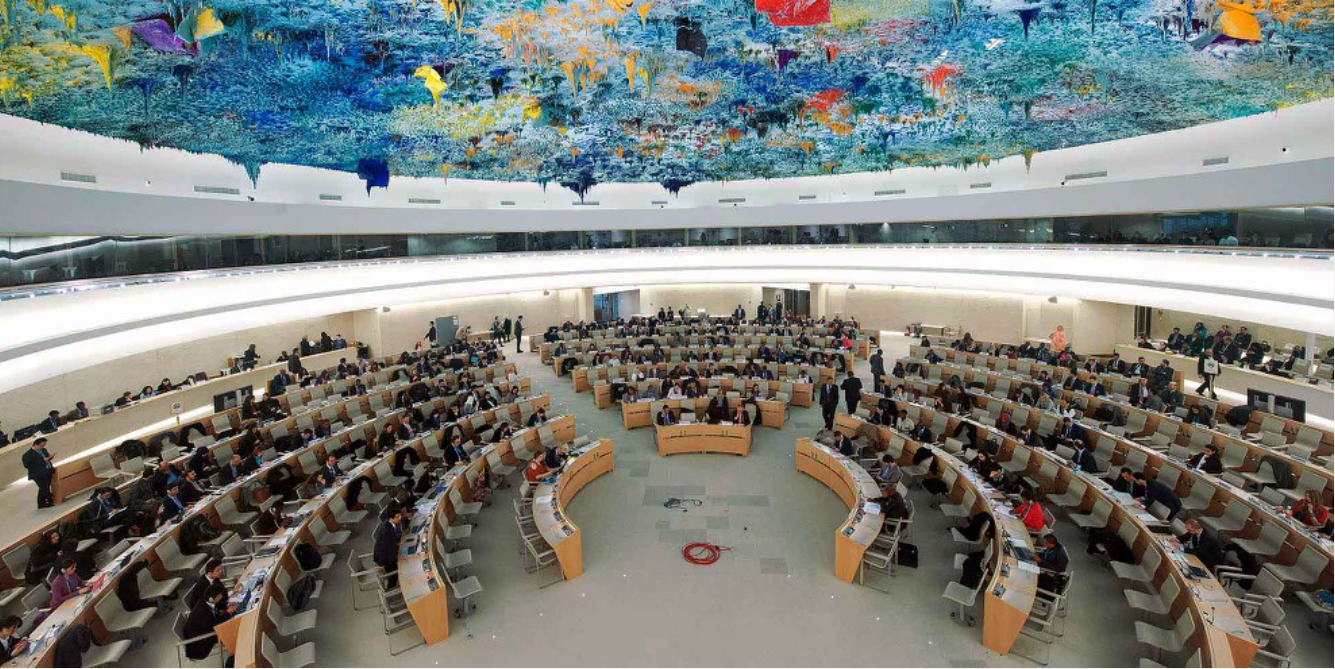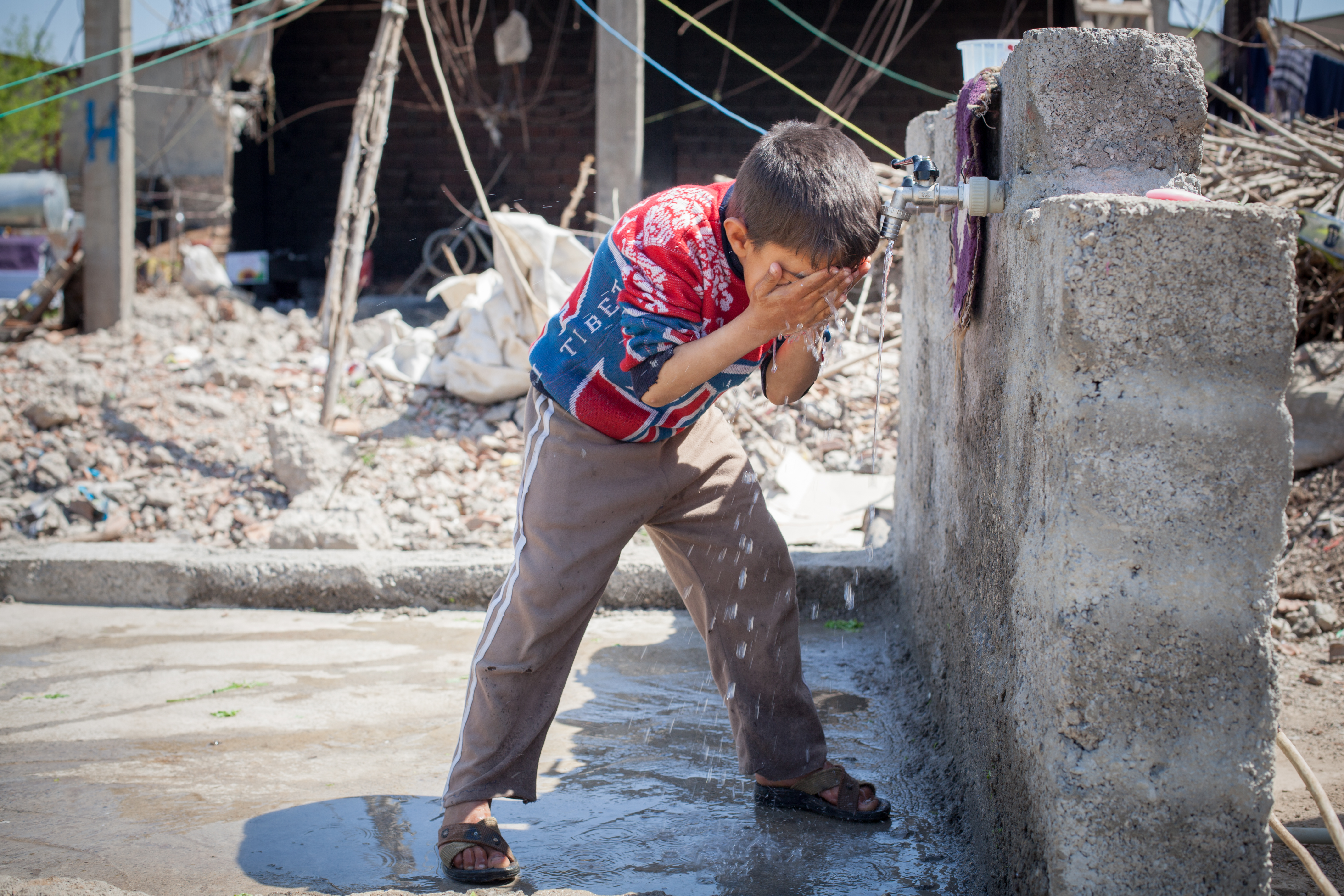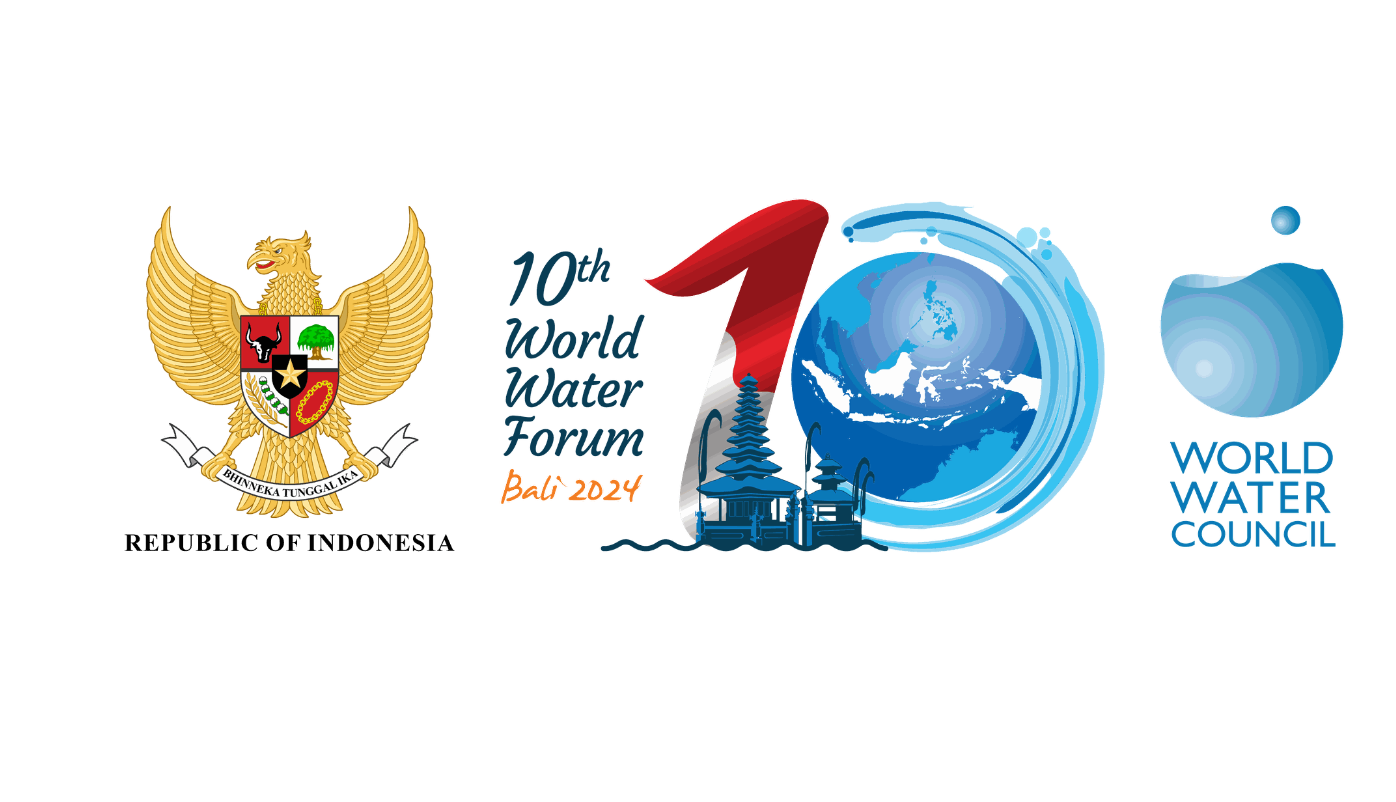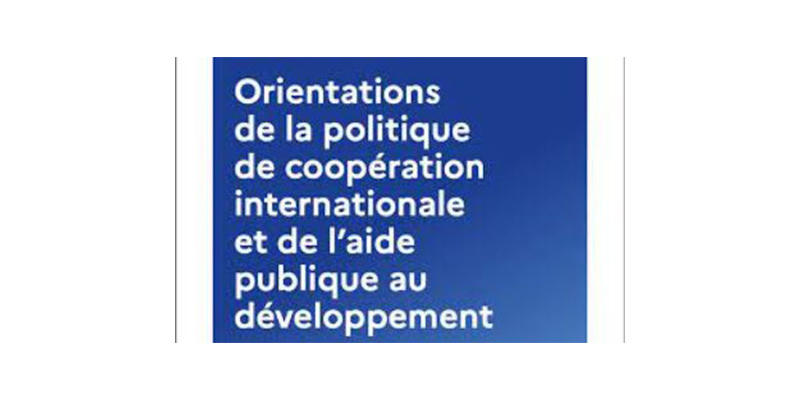The Universal Periodic Review
The UPR takes place in Geneva. Its objectives are to promote human rights and share good practices to effectively address human rights challenges.
The UPR is an opportunity for each State to declare the measures it has taken to improve the human rights situation in its country and to fulfil its human rights obligations. It is also an opportunity for civil society, including NGOs, to draw the attention of the reviewing countries to human rights violations within their country.
Who participates in the UPR?
The various parties involved in the UPR mechanism can be divided into three categories: UN Member States, UN agencies and other stakeholders.
For each country under review, a group of three country rapporteurs, called « troikas », is selected to prepare the « final report » containing observations and recommendations to improve the human rights situation in the State under review.
The three reporting countries draft their « final report » on the basis of three official documents:
- A national report, which includes information from the State under review
- Reports from UN expert entities, including independent human rights groups: the High Commissioner for Human Rights compiles information on the State under review from the UN system
- Contributions submitted by ‘other stakeholders’, including national human rights institutions, academic institutions, ombudsmen, regional organisations and NGOs, which feed into a ‘Summary of information from other stakeholders’.
Review of France
France will be reviewed on 1 May 2023 during the 4th cycle of the UPR. This review is an opportunity for France to defend its human rights record, in light of the recommendations made by States during its 2018 review.
Written contributions from the NGOs of the Water Coalition
The review of France in the framework of the 4e UPR cycle is an opportunity to highlight the situations of obstacles to the implementation of the human rights to water and sanitation that still exist on French territory.
To this end, the Water Coalition, together with its members and partners of its Working Group on the Human Right to Water and Sanitation in France, has submitted and co-authored a written contribution on the challenges of the human right to water and sanitation in the French Overseas Departments and Regions.
She is also co-signatory of a written contribution on the rights to water and sanitation of exiled people in the North of France (submitted by Solidarités International, Calais Food Collective, Roots, Vents Contraires).
1. Human rights to water and sanitation in DROMs
This document focuses on the situation of the rights to water and sanitation in 5 DROMs: Guadeloupe, Guyana, Reunion, Martinique and Mayotte. In 2022, the situation of the human right to water and sanitation is critical for people living in the DROMs: water is not always available or accessible, it is expensive and often unsafe to drink.
This contribution takes stock of the situation through an analysis of 4 (out of 5) of the human rights criteria for water and sanitation: physical availability and accessibility, affordability and quality.
The facts presented are based on data collected on the ground from local actors, supported by written reports and official figures, most often from the French authorities themselves, whose references are presented.
The study of the four criteria of the rights to water and sanitation highlights chronic problems: poor infrastructure, regular water service cuts, high water bills and polluted water, with dramatic health consequences. This impacts on other human rights: the right to life, the right to integrity and security, the right to dignity, the right to health, the right to education…
The situations presented do not exist at such a level in mainland France (except for marginalised and/or exiled populations living in camps, shanty towns or squats). The lack of an appropriate and effective response from the State and local authorities, including the lack of effective legal recourse, means that users cannot be granted redress, compensation for the damage suffered, or emergency solutions to put an end to the violation of their human rights.
Main recommendations brought to France’s attention in the framework of the UPR :
- Ensuring sustainable water supply systems in the DROMs
- Guarantee free and accessible access to water for all (cisterns, fountains, etc.), in order to respond to the problems of availability and access to water both in housing and in public and private institutions, in particular in medical, educational and administrative structures
- Take into account the problems of non-connection and access to water in precarious and informal settlements in investments and technical support (particularly in the Water-Overseas Plan)
- Capping water tariffs, with financial compensation from the state, to ensure affordability, financial balance of the service and equity
- Strengthen training, technical support and monitoring-evaluation of services for a professionalization of management (balance, control and transparency), and a better planning of investments
- Strengthen local governance models, with user participation in water service management (by integrating user groups into water management policies)
2. Human rights to water and sanitation for exiled people on the northern coast of France
The situation of exiled persons present on the northern coast of France is the most critical in mainland France in terms of the right to water and sanitation. This coastal area is one of the main crossing points of the migration route, with the presence of people in exile for short periods of time. According to local associations, the number of people exiled to the North varies between 1,000 and 3,000 each year and includes single men, women, families and unaccompanied minors.
Although the extremely precarious living conditions of these people have been widely known to the authorities and reported in the media since 2016, no satisfactory measures have been taken by the authorities to ensure access to water, hygiene and sanitation that is sufficiently dignified or meets at least the international humanitarian standards used in crisis situations (SPHERE standards).
This written contribution details the current state of the infrastructure or mobile devices put in place by the public authorities and analyses the situation of the North Coast on the following criteria: continuity and availability of the water resource, physical access, security of access and related health risks.
Based on these criteria, the findings of the situation analysis on the northern French coast clearly show that the objective put forward by Sierra Leone in its 2018 recommendation, which involved the implementation of coherent and long-term strategies to provide access to safe water and sanitation for migrants in Calais and northern France, is far from being achieved.
Main recommendations brought to France’s attention in the framework of the UPR :
- To ensure regular and continuous access to drinking water for all exiled people on the northern coast of France through the installation of water supply infrastructures.
- In Calais, ensure safe and sufficient access to water for all exiles through water distributions that meet humanitarian standards regarding the volume of water distributed per person and the distance from the place of living (taking into account population figures estimated by independent associations on the ground).
- Install safe and accessible toilets at all living sites with special attention to the most vulnerable groups (e.g. women, minors, disabled people) and ensure their cleaning and maintenance.
- Develop shower facilities on the northern coast of France in accordance with humanitarian standards with specific attention to the most vulnerable groups (women, minors, disabled people).
- Install free hygiene facilities such as washing machines, preferably in the same place as showers.
- In the interests of public health, ensure regular distribution of rubbish bags at living sites and the installation of rubbish bins of adequate size, as well as the implementation of adequate rubbish collection.
The next steps
Both contributions were posted on the UN Human Rights Council website at the end of September.
The next steps are as follows:
- France’s national report will be submitted on 6 February 2023.
- The pre-sessions for the review of France are scheduled for March 2023. They offer national human rights institutions and civil society organisations an international platform to inform representatives of UN member states about the human rights situation in France. Registration opens in October.
- France’s official review is scheduled for 1er May
- The adoption of the « final report » will take place on 5 May







